Star Trek’s Best Show And Why It’s At The Top
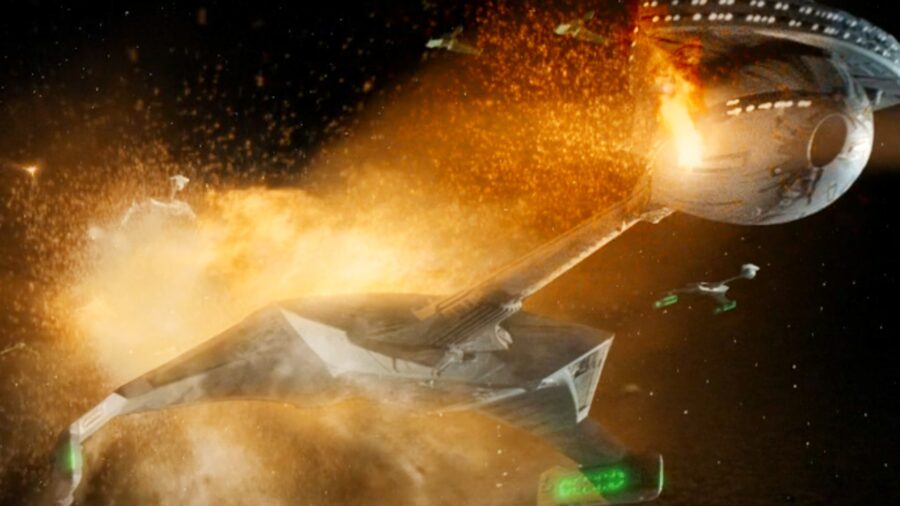
I do not think Star Trek: Deep Space Nine is perfect. It has its flaws and decades after its conclusion I am still baffled by some of the creators’ decisions. But I do believe that it remains the best show that Trek has ever offered us, and instead of a single reason for that, I offer five.
It Allowed Its Characters To Grow
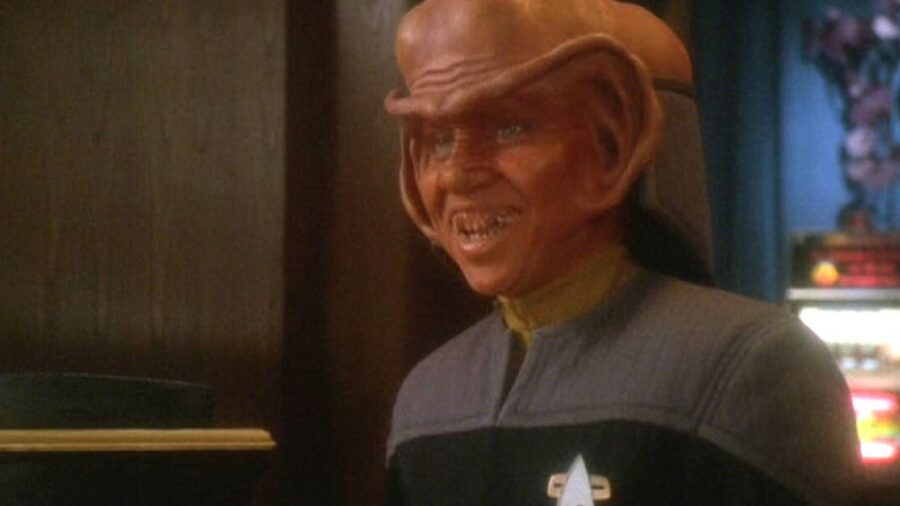
As a serialized drama, Star Trek: Deep Space Nine is the first series in the franchise to allow its heroes and villains to organically change because of their experiences. One of the more obvious examples is Marc Alaimo’s Gul Dukat–who remains, I’d argue, the greatest villain of the franchise–who goes from ambitious warlord to humbled frenemy to pure megalomaniac, and we believe it every step of the way. Another is Nog, played by the much missed Aron Eisenberg, who starts off as an annoying brat but eventually reveals unbelievably hidden depths.
But while Nog and Dukat are no doubt the most obvious examples, they’re hardly alone. I wanted someone to vaporize Bashir (Alexander Siddig) in the first couple of seasons, but his overeager self-aggrandizing is burned away through time and torment. By the end of the series Kira (Nana Visitor) isn’t nearly as quick to temper though she doesn’t lose a drop of fierceness, Odo (Rene Auberjonois) softens some no doubt in part because of Kira, and Sisko (Avery Brooks) goes from treating Bajoran spirituality like a pest he can barely tolerate to utterly embracing it.
Even Garak (Anthony Robinson) isn’t quite the same by the end of Deep Space Nine. The veiled and eloquently delivered venom is still there, sure, but by the time we find him back on his homeworld, he is not the man we previously could’ve imagined executing any one of the heroes as easily as he does the final Weyoun clone (Jeffrey Combs).
It Gave Us A Captain Who Was Also A Father
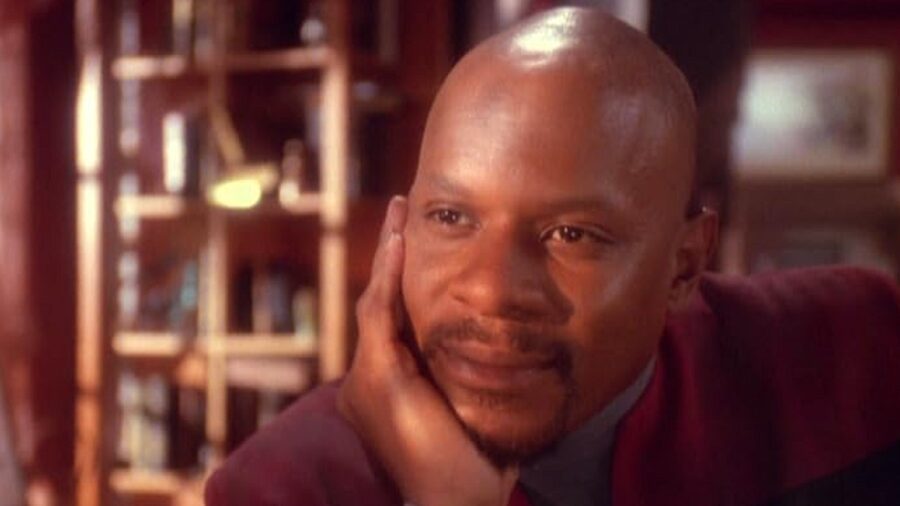
It is honestly surprising to consider that after almost 60 years and so far 11 series, Star Trek: Deep Space Nine remains the only series in the franchise whose main character is a parent. Unless for some reason you count the final season of Star Trek: Picard, in which case I’d change my initial claim to “the only series in the franchise whose main character is a parent, and the question of whether or not they actually are a parent isn’t treated as a juicy reveal.”
The relationship between Ben and Jake is the heart and soul of Star Trek: Deep Space Nine, and when we see the love that Ben can barely contain for Jake, it tells us so much about him.
Giving Ben Sisko a son humanized him for Deep Space Nine fans. He isn’t just the guy giving orders–he’s the guy giving orders in ops while at the same time being worried whether or not Jake is hanging out with Nog again, and trying desperately to not show anyone how concerned he is about that. He is keenly aware that every time a Cardassian ship fires at DS9, they aren’t just threatening the Federation, Bajor, or DS9’s deflector–they’re shooting at his son.
No other Trek main hero since Deep Space Nine has had to face that.
It Gave Us Points Of View Other Than The Federation
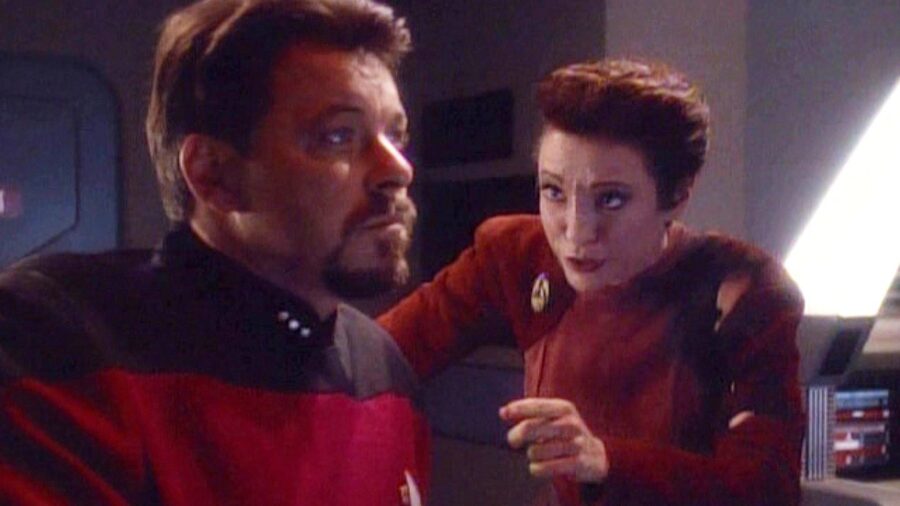
Deep Space Nine offered another franchise first? It’s the first Star Trek series in which not one, not two, but three characters in the main cast were not a part of the Federation, were not a part of Starfleet, and were all quite vocal about wanting little or nothing to do with the Federation or Starfleet. From the series premiere to its explosive finale, neither Kira, Odo, nor the Ferengi bartender Quark (Armin Shimerman) are a part of the Federation club.
Like a lot of Trek shows, Deep Space Nine had a rocky few first seasons, but the early episode I rewatch the most is still one of my favorite of the entire series–Season 1’s “Dramatis Personae.” A strange kind of mental virus spreads throughout DS9’s crew, forcing them to re-enact an ancient alien power struggle with Sisko and Kira leading the respective sides.
I love it because it punctuates how the heroes of Deep Space Nine took much longer to trust one another than the crews of other shows. It’s much easier to believe that the DS9 heroes would succumb to such a virus, because the thing is simply exploiting the divisions that already exist.
I mean–in Deep Space Nine‘s second episode, Kira goes over Sisko’s head and complains about him to Starfleet. Can you imagine Riker doing that to Picard? He wouldn’t live long enough to grow that beard.
It Forced Us To Question Roddenberry’s Ideals
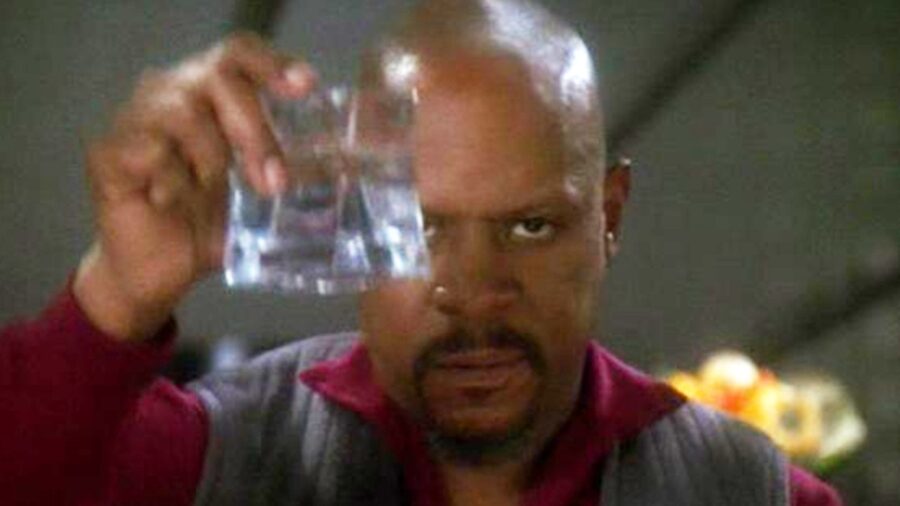
The war epic portrayed in Deep Space Nine between the Federation, its allies, and the Dominion could likely never have happened if Gene Roddenberry were still alive and active with the franchise, and I’d argue that would be a loss. Not just because it would rob us of big battle scenes, but because episodes like “In the Pale Moonlight” forced us to question his lofty ideals–and if something can’t survive questioning then was it worthwhile in the first place?
Likewise, the fact that Deep Space Nine elevated other voices beside those of the Federation meant fans were forced to ask whether the laudable principles of the Federation were always right. Was it always right to follow the prime directive? In the face of guaranteed annihilation at the hands of an unbeatable enemy, can you afford your moral qualms?
It Showed That Some Problems Just Can’t Be Solved
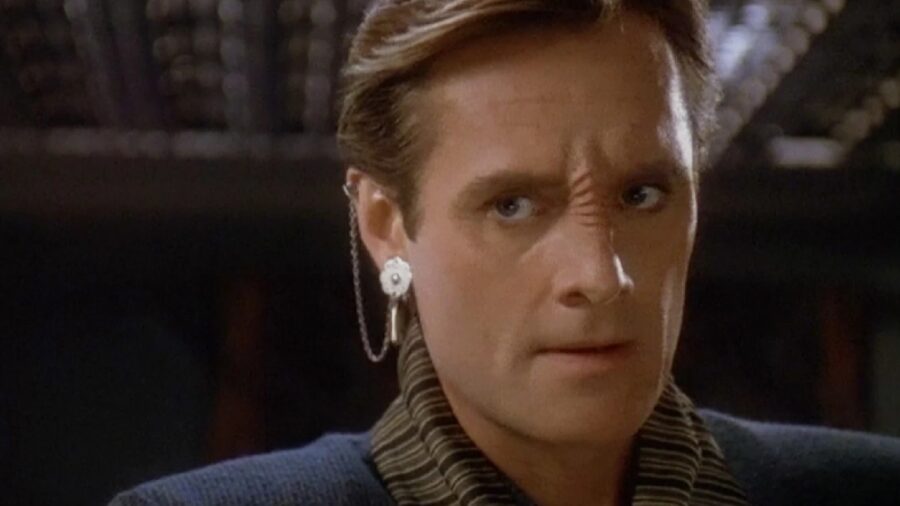
Between the Dominion War and Sisko’s fiery final confrontation with Dukat, it’s easy to forget that, technically from the Federation’s point of view, Ben Sisko’s mission at Deep Space Nine was an objective failure. In the words of a much more famous captain, Sisko’s orders were to do whatever he could “short of breaking the prime directive,” to usher Bajor into the Federation. From the beginning of DS9 to the end, it never happened.
Yet there has never been any storm of fan complaints about Bajor failing to join the Federation. Apparently, the show did succeed in teaching us that not everyone has to be a part of the same club.












